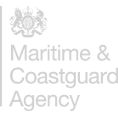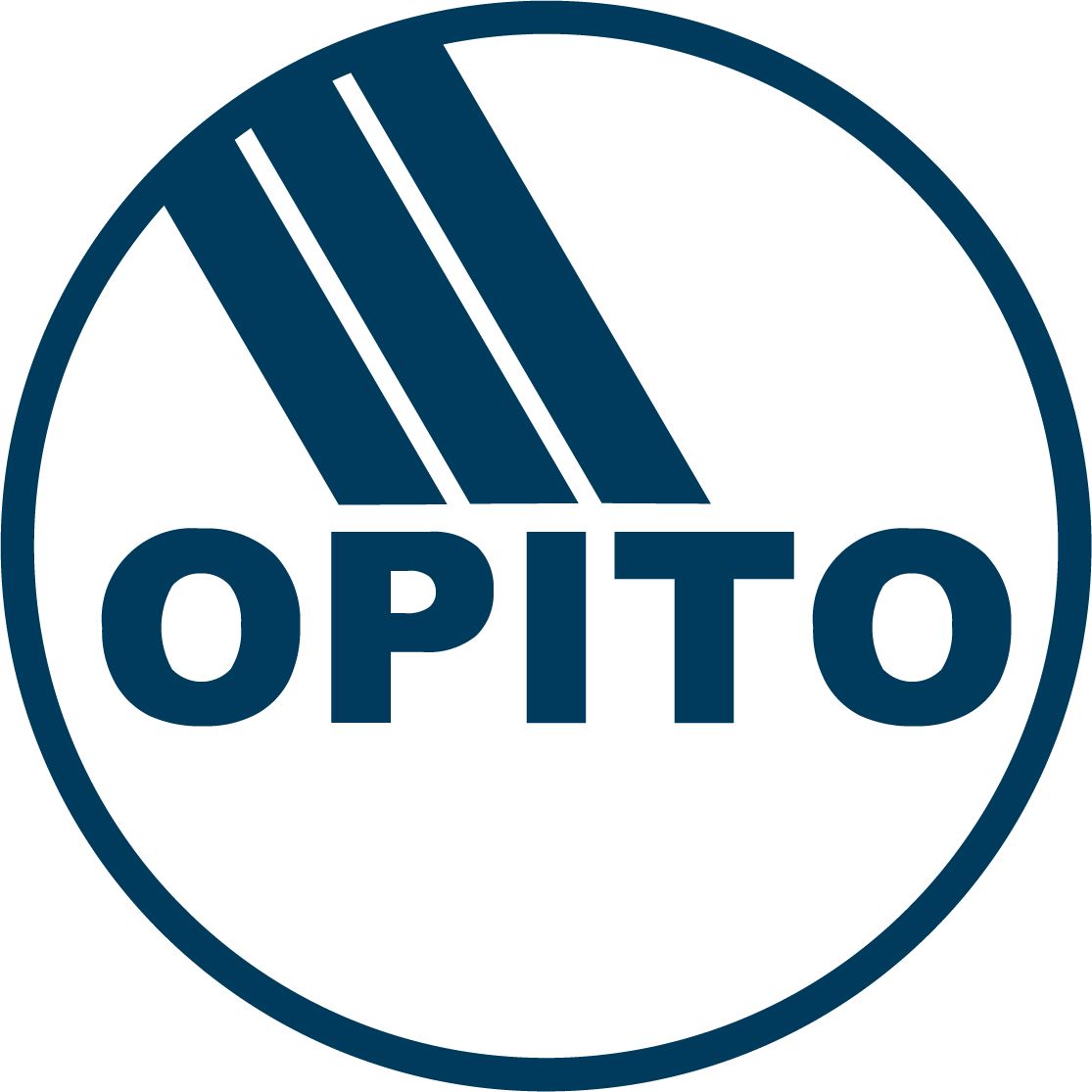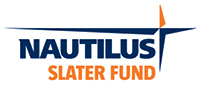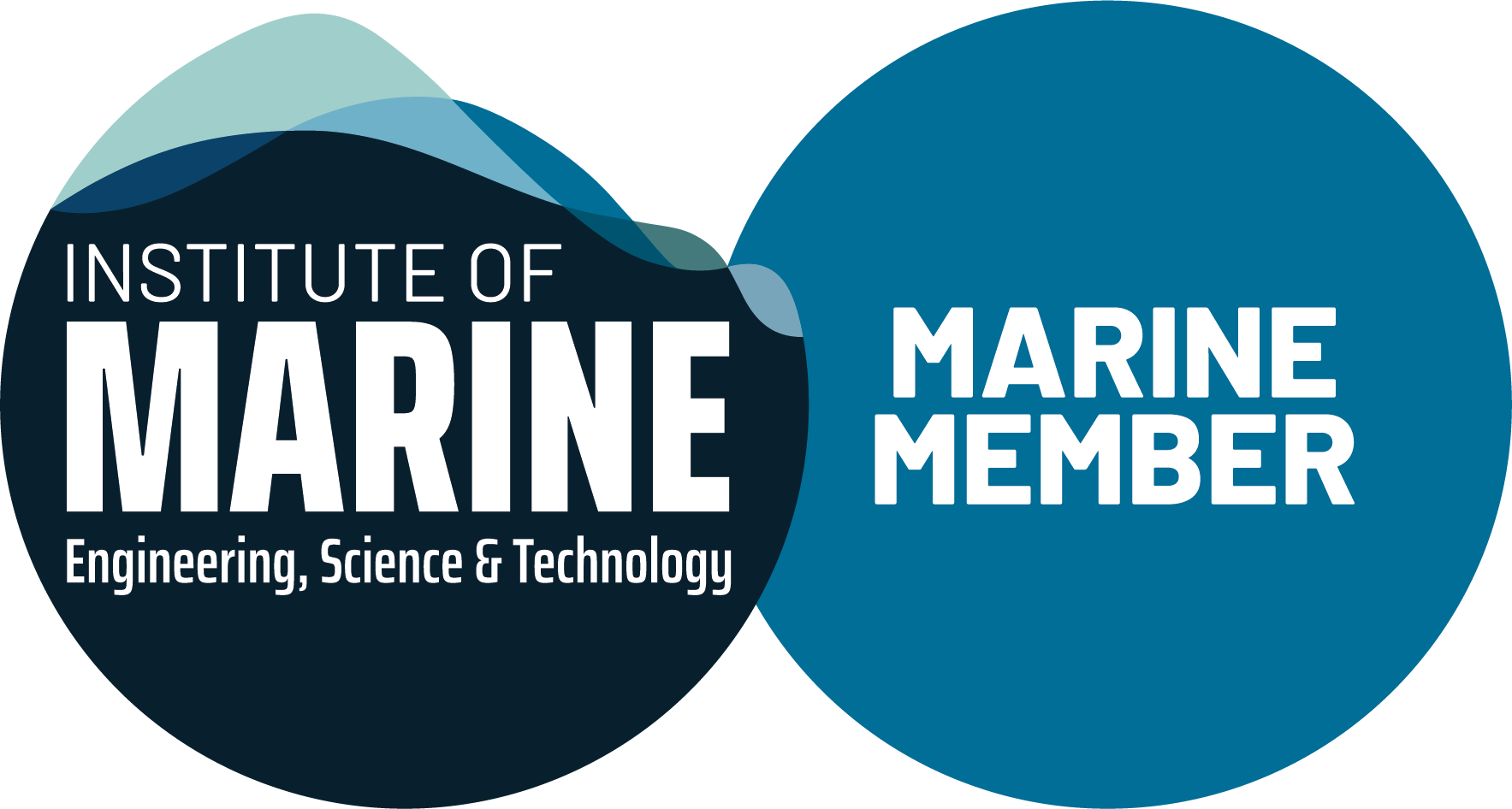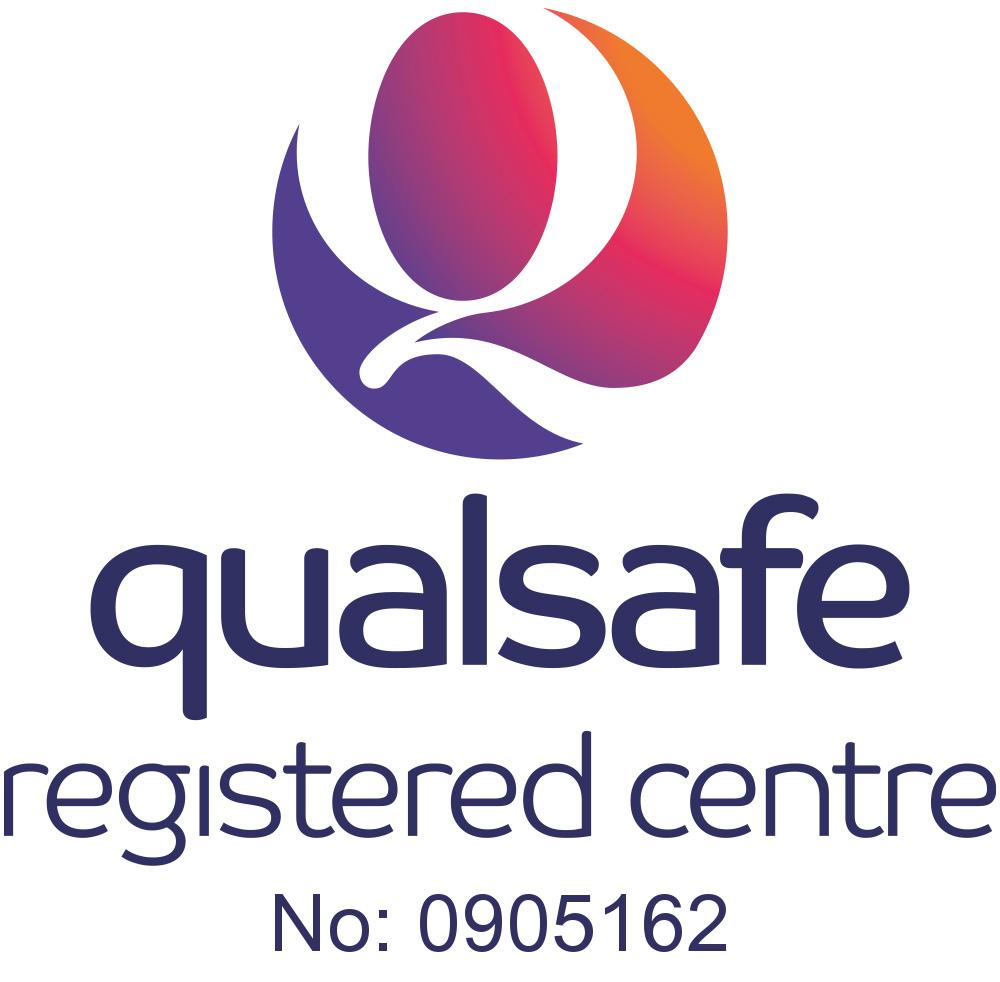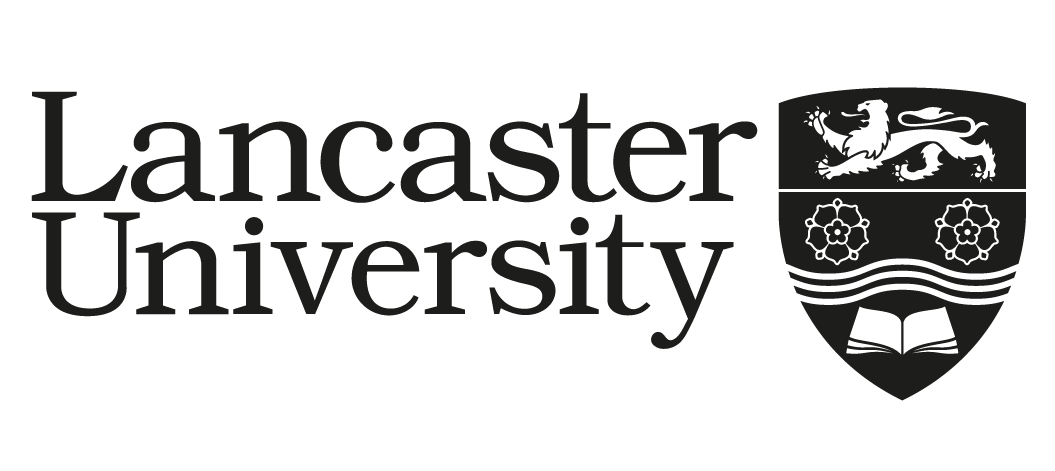STCW GMDSS - General Operator Certificate
Course Code: MX1EC49
Maritime & Nautical
Next course dates
| Start Date | Location | Duration / Fee | |
|---|---|---|---|
| 28/04/2025 | Fleetwood Nautical Campus | 2 Weeks/ £1,505 | Apply |
| 12/05/2025 | Fleetwood Nautical Campus | 2 Weeks/ £1,505 | Apply |
| 27/05/2025 | Fleetwood Nautical Campus | 2 Weeks/ £1,505 | Apply |
| 29/09/2025 | Fleetwood Nautical Campus | 2 Weeks/ £1,595 | Apply |
| 16/02/2026 | Fleetwood Nautical Campus | 2 Weeks/ £1,595 | Apply |
| 02/03/2026 | Fleetwood Nautical Campus | 2 Weeks/ £1,595 | Apply |
| 30/03/2026 | Fleetwood Nautical Campus | 2 Weeks/ £1,595 | Apply |
| 13/04/2026 | Fleetwood Nautical Campus | 2 Weeks/ £1,595 | Apply |
Course Overview
Gain the knowledge and skills required by masters and officers in the Global Maritime Distress and Safety System (GMDSS) at the general operator level.
You will become competent in the use of all on-board terrestrial and satellite communication systems to ensure effective communications in distress, safety and routine situations.
The course is approved by the Association of Maritime and Electronic Radio Colleges (AMERC) on behalf of the Maritime and Coastguard Agency (MCA).
The course fee shown includes the exam fee.
Entry Requirements
There are no formal entry requirements. Delegates must be at least 18 years of age.
Assessment Methods
- The overall provisions and context of the GMDSS
- Initiate and maintain distress communications
- Initiate and maintain urgency and safety communications
- Initiate and maintain routine communications
- Obtain maritime safety information
- Maintain the continuity of the radio service
- Know the provisions of emergency radio services for search and rescue, and
- maintain on scene communications
- Safely and efficiently use all equipment and sub systems required by the GMDSS
- Properly apply all radio regulations appropriate to the marine radio service
- Communicate effectively by radio
Assessment is carried out by AMERC on behalf of the MCA and comprises written examinations, practical voyage scenarios and practical distress radio working.
Teaching and Learning Methods
Teaching and learning is by a mixture of formal lectures and practical exposure to both live and simulated equipment, and the use of proper procedures Candidates are strongly advised to visit the AMERC website where more information and teaching aids are readily available to all students.
Industry Placement and Field Trips
There is no work placement or field trips as part of this qualification.
Other Costs and Equipment Needed
Accommodation, transfers and meals are not provided within this course. Delegates are expected to provide their own writing materials which must include two black pens. You will also need to bring two Passport Agency approved photographs.
Expert Tutors
All staff involved in the delivery of any courses within the College are approved to teach and/or assess the subjects and modules they deliver. The approval process ensures that staff delivering and/or assessing a given programme are appropriately qualified, with relevant technical and industrial experience and professional practice.
Tuition Fees
Read our tuition fees guide.
Regulation and Accreditation
Accrediting Institution: N/A
Terms and Conditions
Read our full terms and conditions for more information.



